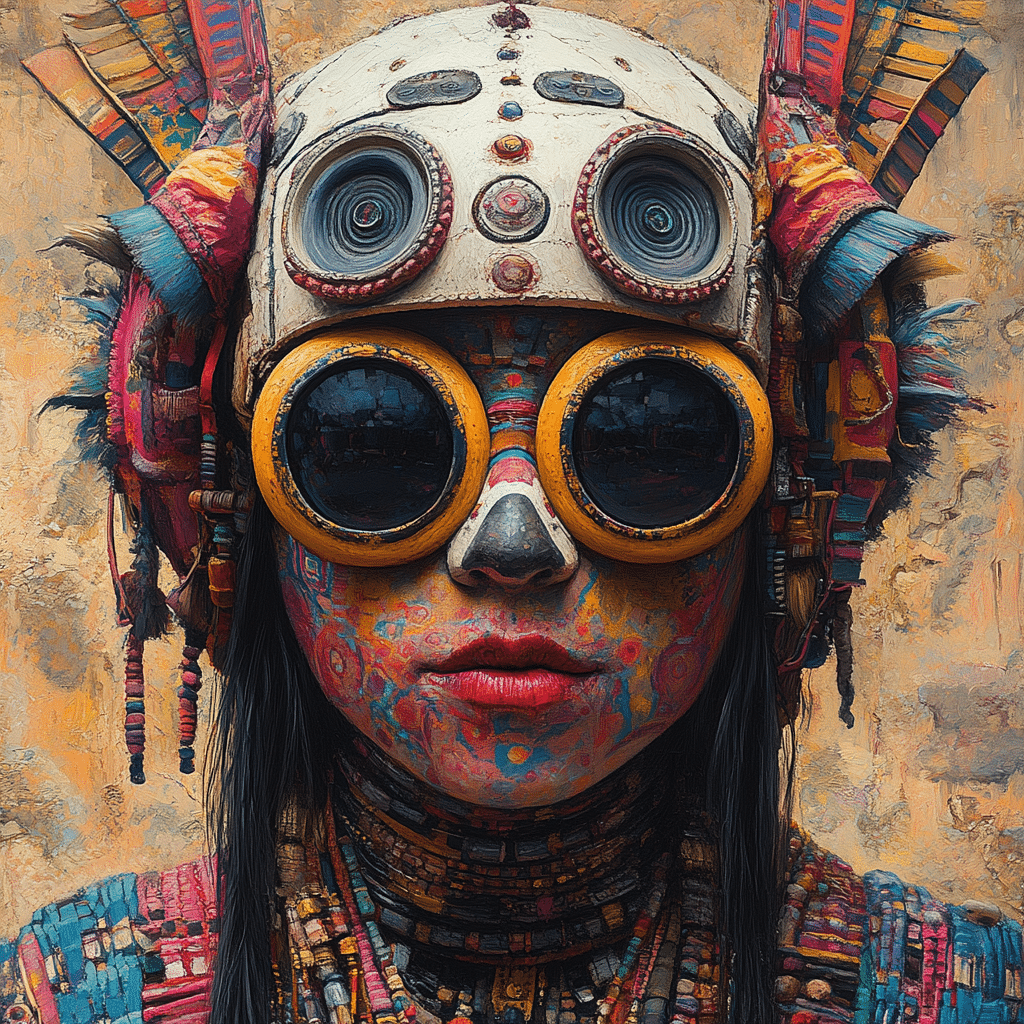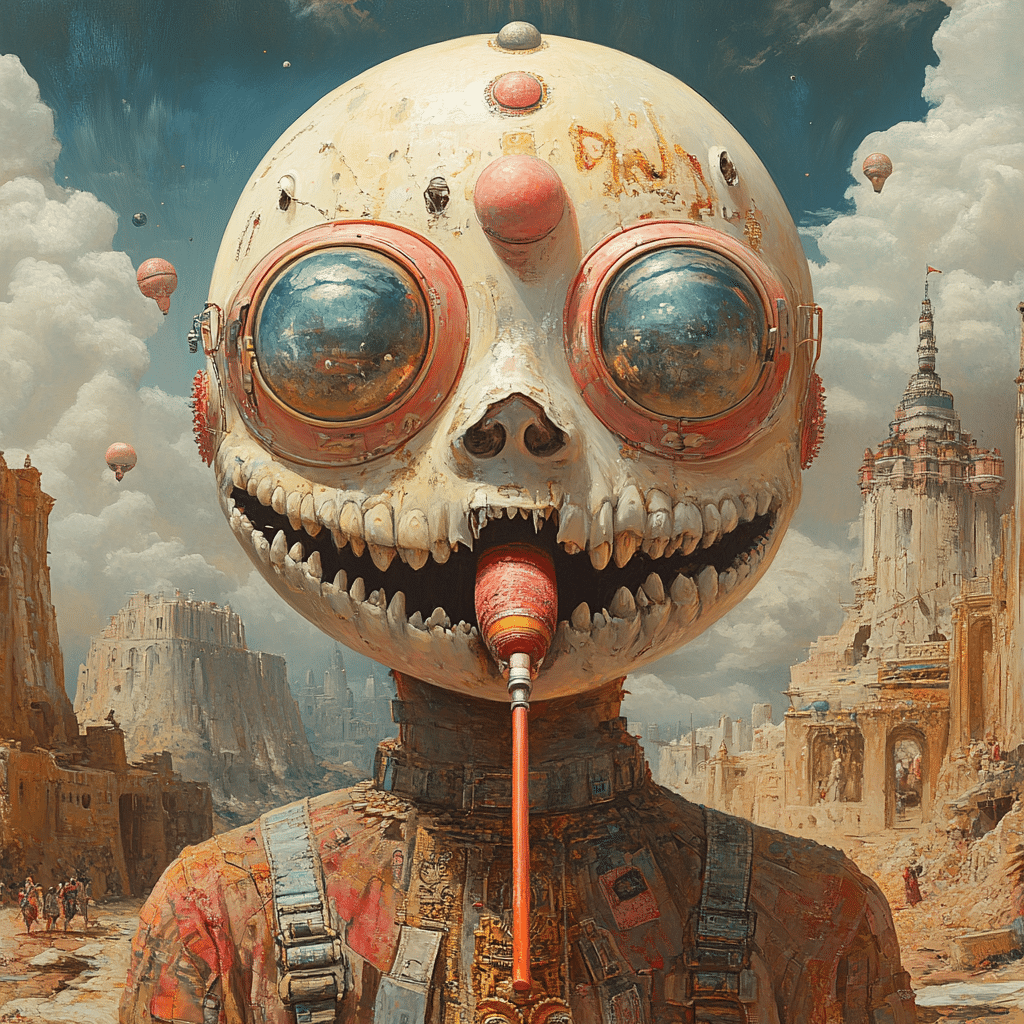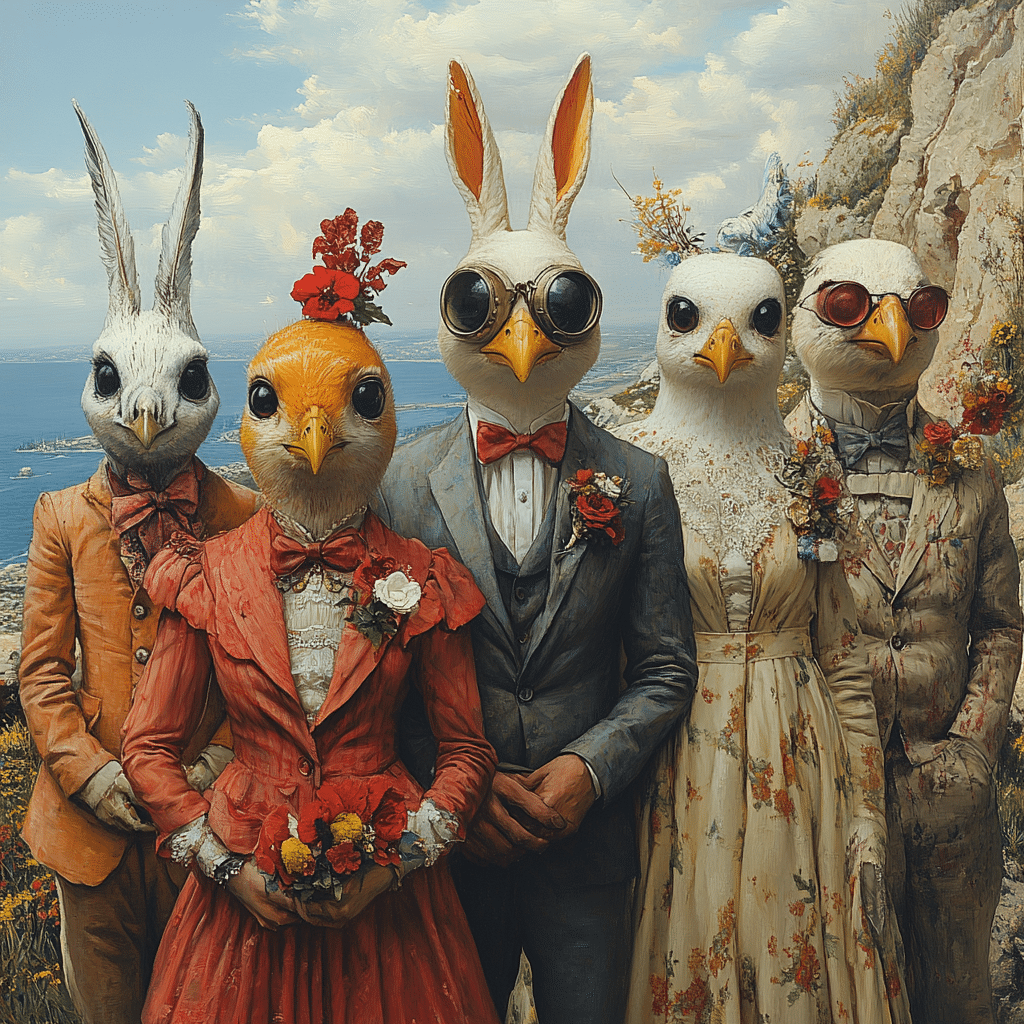Persistent Stereotypes in Jokes About Asians
Racist Asian jokes often perpetuate harmful stereotypes that have deep, lasting impacts on the Asian community. These stereotypes include exaggerated traits and unfounded behaviors that paint an inaccurate and damaging picture of an entire group of people. Such jokes not only misrepresent the rich and diverse cultures of Asian communities but also reduce individuals to simplistic caricatures.
Examples of commonly heard jokes often make fun of physical appearance, language abilities, or supposed proclivities for academic success and technological proficiency. For instance, the long-standing stereotype that all Asians are inherently good at math, perpetuated by jokes and media representation, puts undue pressure on individuals and overlooks the diverse talents and interests within the community. Additionally, jokes that mock accents or cultural customs only serve to alienate and demean individuals who are already figuring out their identities.
The Impact on Mental Health and Self-esteem
Racist Asian jokes contribute to a hostile and unwelcoming environment for Asian individuals, often resulting in negative mental health outcomes. Research conducted by the Asian American Psychological Association has shown a correlation between exposure to racial discrimination, including jokes, and increased levels of anxiety, depression, and stress among Asian Americans. The normalization of these jokes in both social settings and popular media can lead to a feeling of isolation and diminished self-esteem, particularly in younger individuals who are still forming their sense of identity.
For example, students have reported feeling immense pressure to excel academically while battling feelings of inadequacy if they don’t conform to the ‘model minority’ stereotype. Moreover, the societal expectation to silently endure such jokes exacerbates mental health challenges, creating an environment where seeking help becomes yet another hurdle.

| Category | Description |
| Definition | Jokes aimed at mocking, belittling, or stereotyping individuals of Asian descent. |
| Common Stereotypes | – Speaking broken English – Eating dogs/cats – High academic performance |
| Historical Context | Often rooted in colonialism and historical immigration patterns. |
| Media Representation | Frequently seen in films, TV shows, and stand-up comedy. |
| Impact on Mental Health | Can lead to feelings of isolation, depression, and anxiety among Asian communities. |
| Legal Framework | Many countries have hate speech laws that may address such jokes. |
| Efforts for Change | – Media campaigns – Education and awareness programs – Policy changes |
| Prominent Incidents | – High-profile comedians making offensive jokes – Racism during pandemic |
| Sensitivity Initiatives | Workshops and training sessions to promote cultural sensitivity and awareness. |
| Support Organisations | – Asian American Justice Center – AAPI Equity Alliance – Stop AAPI Hate |
| Online Presence | Trending hashtags (#StopAsianHate) and online communities for support. |
| Individual Action | – Calling out racist behavior – Educating oneself and others |
Brands and Public Figures: Complicit or Combatting?
While some brands and public figures have been called out for racist jokes, others have taken a stand against such behavior. In 2021, popular game show host Jimmy Fallon issued a public apology after an old clip resurfaced where he imitated an Asian accent during a skit. The backlash highlighted how even off-the-cuff remarks can have lasting impacts.
On the corporate front, companies like Unilever and Procter & Gamble have taken proactive steps to address racial stereotypes by launching campaigns that promote racial sensitivity and inclusivity. Unilever’s “#Unstereotype” initiative, for example, actively works to create diverse and inclusive advertising, challenging the traditional, shallow portrayals of various ethnicities.
How Media Representation Shapes Perceptions
Television shows, movies, and other media have a profound influence on how groups are perceived by society. Shows like Fresh Off The Boat have made strides in offering a nuanced, multifaceted portrayal of Asian-American life, shattering many of the stereotypes traditionally perpetuated by racist jokes. Conversely, some past popular media have showcased crude caricatures that reinforce negative stereotypes, such as Mickey Rooney’s portrayal of Mr. Yunioshi in “Breakfast at Tiffany’s, which is now frequently cited as an example of blatant racism in film.
Films like “Crazy Rich Asians” have also challenged stereotypes by highlighting the diversity and richness of Asian cultures, while series like One Piece 1088 continue to expand the representation of Asians in media.

The Role of Education in Challenging Racist Asian Jokes
Educational institutions have a pivotal role in dismantling harmful stereotypes through comprehensive curriculum and awareness programs. Schools that implement diversity training and multicultural education help to foster a more inclusive environment, while courses that delve into Asian American history and culture not only enrich students’ understanding but also challenge the validity of jokes that hinge on ignorance and prejudice.
Teachers and administrators play an essential role in setting the tone for an inclusive environment. Implementing anti-racism education can help students recognize and confront biases and discriminatory behaviors at an early age.
Real Voices, Real Impact
Listening to the experiences of those directly affected by racist Asian jokes brings the issue into sharper focus. Michelle Kim, a diversity consultant and co-founder of Awaken, shares how offhand jokes about her “model minority” status made her feel “unseen and typecast into a narrow box.” Her insights underscore the importance of speaking out against casual racism and fostering environments where diverse stories are shared and respected.
Similarly, Karl Clemente, an advocacy leader, discusses how pervasive jokes during his school years led to a lifelong battle with self-acceptance and mental health challenges. His story here underlines the profound personal impacts these ostensibly harmless jokes can have.
The Path Forward: Combating Stereotypes and Promoting Inclusion
The fight against racist Asian jokes begins with individual action but requires collective effort for meaningful change. By challenging racist humor when it occurs, supporting media that offers authentic representation, and pushing for inclusive educational practices, society can move towards a more respectful and accurate understanding of the Asian community.
As we advance through 2024 and beyond, it remains imperative to question and challenge the status quo in both social interactions and media portrayals. Every joke carries weight, and understanding its implications can help pave the way to a more inclusive and respectful society for all.
Conclusion
Racist Asian jokes aren’t just harmless fun; they perpetuate stereotypes, affect mental health, and damage self-esteem. It’s time we recognize the real impact these jokes can have and commit to fostering inclusivity and respect. By confronting these jokes head-on and promoting accurate, diverse representations, we can create a more understanding and empathetic society.
Racist Asian Jokes: The Harmful Stereotypes
Historical Impact
Racist Asian jokes have been around for decades, causing significant harm to individuals and communities. These jokes perpetuate negative stereotypes, often portraying Asians as perpetual foreigners or as individuals who excel only in particular areas like math or technology. A chilling reminder of the effects of these stereotypes can be seen in legal ramifications. For example, cases heard at the Glasgow High Court have shown that racially charged jokes can escalate into hate crimes, underscoring the serious, real-world impacts of these so-called ‘harmless’ jokes.
Pop Culture Influence
Popular culture isn’t innocent either. Media and entertainment have played a considerable part in spreading these damaging stereotypes. Films and shows often simplify or ridicule Asian characters, reducing them to one-dimensional caricatures. Reflecting how ingrained these stereotypes can be, there’s an anime series called Isekai Meikyuu de Harem wo that, while not overtly harmful, tends to present characters in stereotypical ways. Such portrayals subtly reinforce harmful views, impacting how people perceive and treat Asians in real life.
Personal Impacts
The personal toll of racist Asian jokes can’t be overstated. Consider the emotional stories shared by grieving families on forums, like the one titled, In Memory Of My Brother who Passed Away. Although dealing with a different topic, it highlights how discrimination can lead to severe consequences and lifelong scars. These deeply personal narratives often reveal that what might seem like harmless humor to some can inflict lasting harm on others.
Trivia and Interesting Facts
Interestingly, the ripple effects of cultural stereotypes aren’t contained to just one medium. Even celebrated actors like Martin Compston, who has an extensive portfolio in movies and TV shows, often navigate roles that cross cultural boundaries, but still battle against entrenched stereotypes. Meanwhile, local spots such as the Hemel Hempstead Cinema attempt to showcase a broad spectrum of cultures but can sometimes inadvertently contribute to cultural clichés through limited representation.
By shining a light on these realities, we can begin to dismantle the harmful stereotypes perpetuated by racist Asian jokes, fostering a more inclusive society for everyone.




